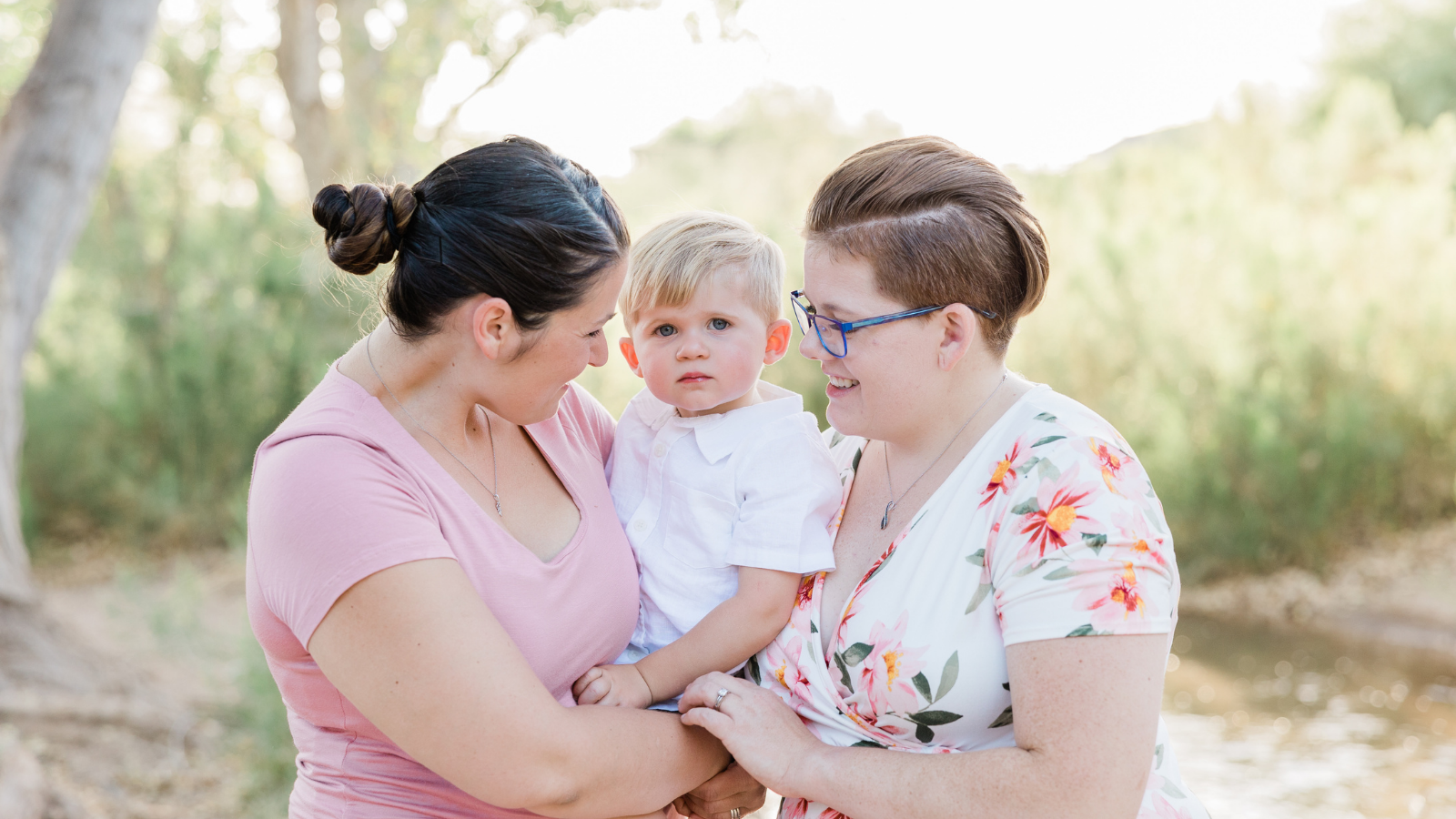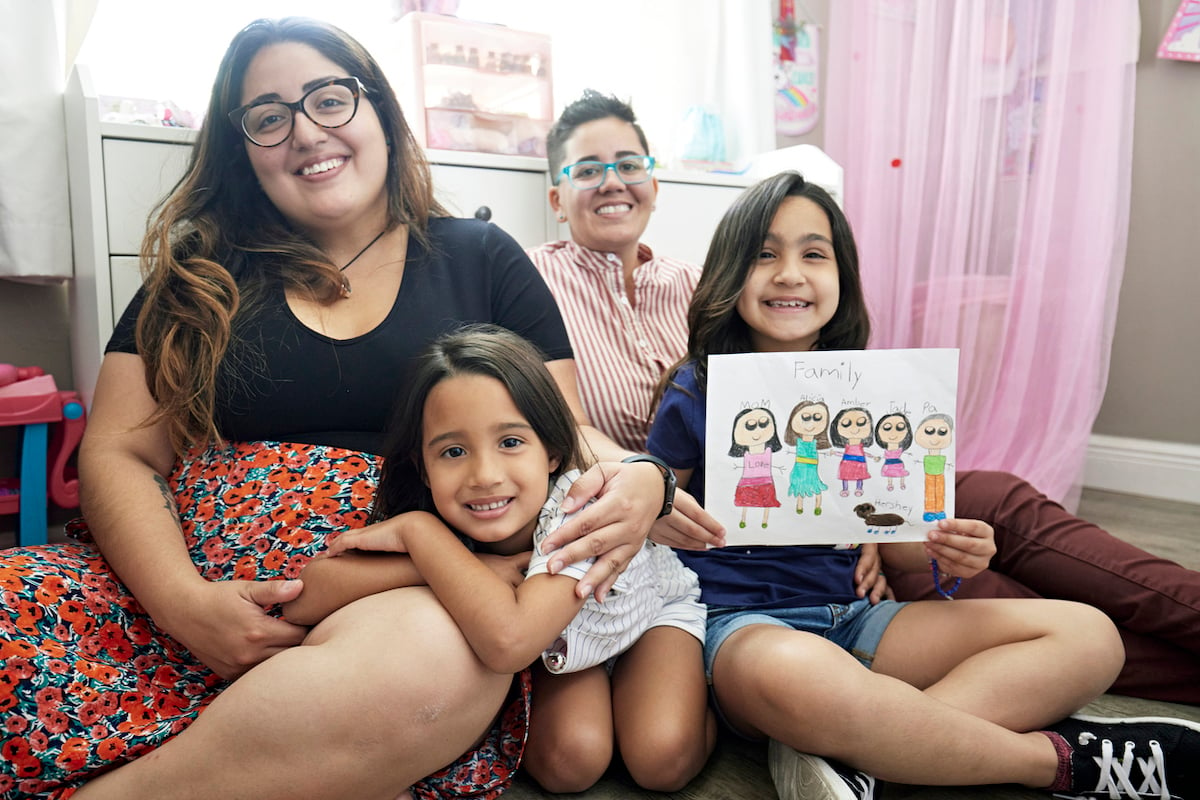Skip to main content
Search for topics or resources
Enter your search below and hit enter or click the search icon.
Dads To Be
Biologically Related
Moms To Be
Biologically Related
About Us

.jpg?width=724&height=483&name=iStock-1305763082%20(1).jpg)


